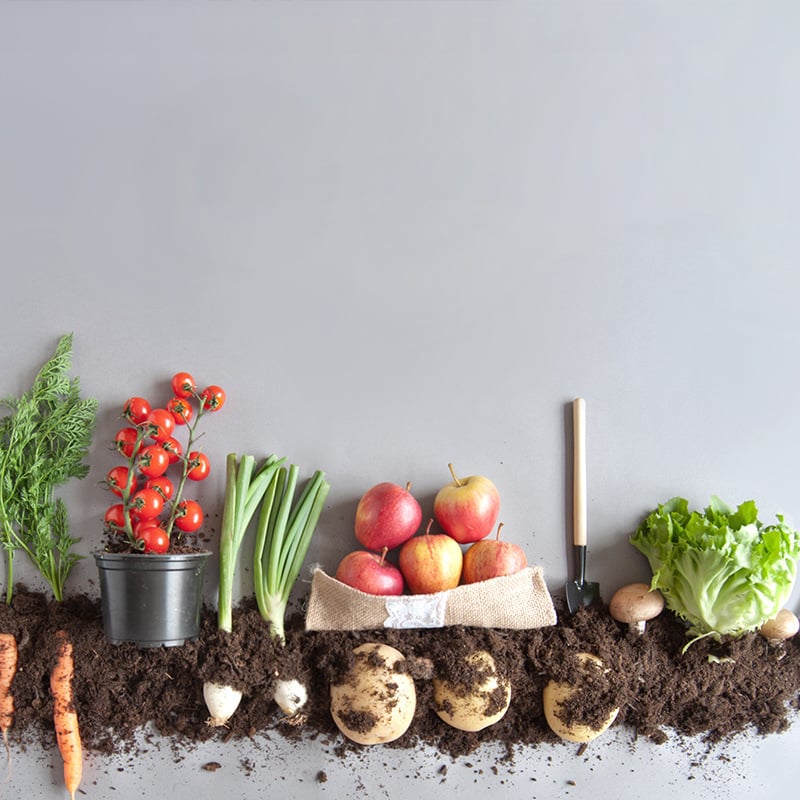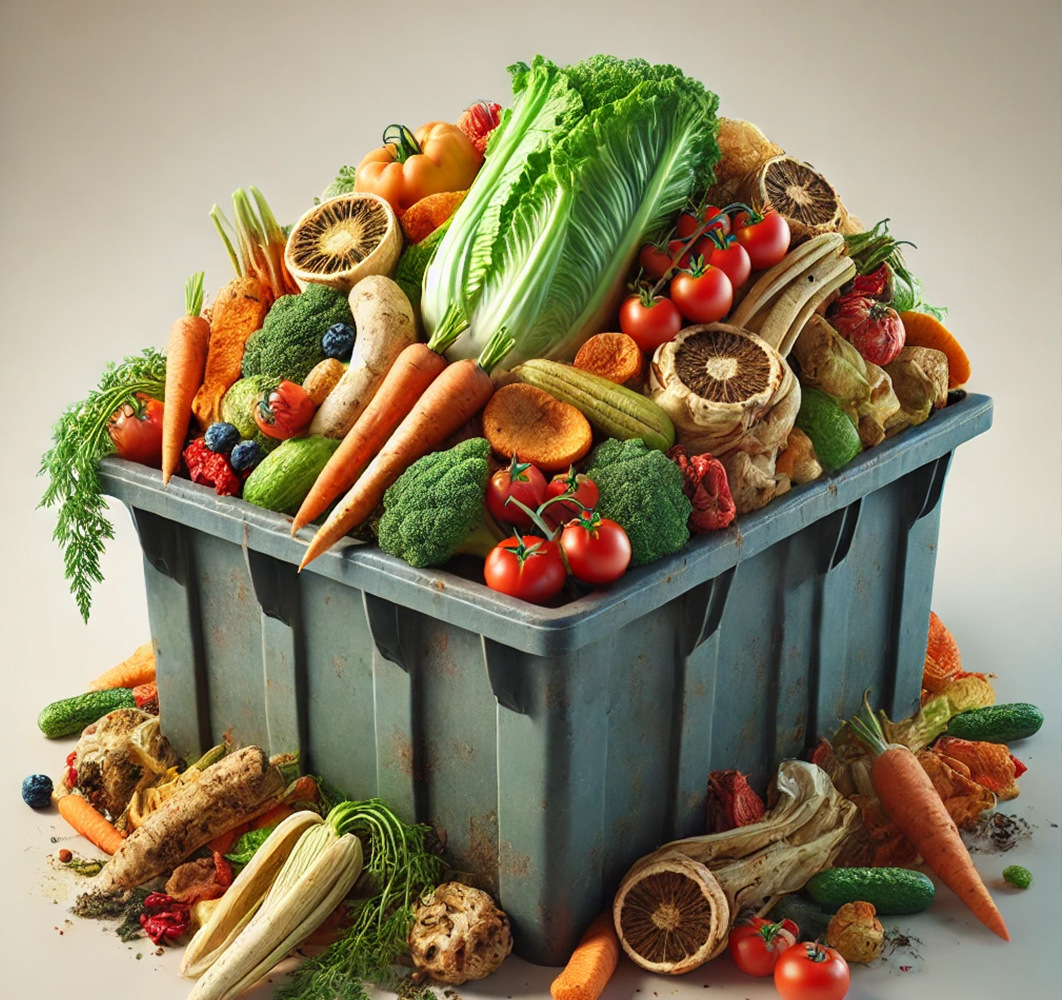Food for Food is a concept that is gaining traction. It revolves around recycling food waste and by-products into food suitable for human consumption. In other words, Food for Food. This contributes to a more sustainable and efficient food system with less food waste.
Introduction and definition
The idea of Food for Food is simple: what is left over from food production, processing or consumption can be put to new use. Think of vegetable scraps, food in the wrong packaging or by-products from beer breweries. By reusing these waste streams, we maximize the use of nutrients, which directly contributes to reducing food waste and alleviating pressure on scarce resources. More on this later.
Examples of Food for Food
There are numerous ways in which food waste can be put to good use. Fruit peels and pulp can be reused in smoothies and juices, or even as a natural sweetener, by replacing sugar with fruit pulp. Green waste can be used in soups and sauces. Brewers' grains, a byproduct of beer breweries, can be added to bread dough for extra fiber and flavor.
Benefits of Food for Food
Food for Food offers many benefits:
- Reduction of waste
- Less waste and thus less CO2 emissions
- Reduces the need for new raw materials, which lowers pressure on natural resources
- Companies can save costs by reusing residual streams instead of disposing of them. In addition, new products can be developed, creating new revenue streams.
- Using Food for Food can contribute to food security by making greater use of available resources.
The challenges of Food for Food
Although Food for Food offers many benefits, there are also challenges to overcome.
Logistical challenges
Collecting and processing food waste requires a well-organized system. This can be complex and costly, especially for smaller companies.
Regulations
Laws and regulations can hinder food waste recycling. Strict regulations on food safety and quality must be adhered to.
Consumer behavior
Consumers must accept the idea of products made from food waste. This requires awareness and education about the benefits of Food for Food.
Scarcity and food waste
It is becoming increasingly important to do more with waste streams within the food industry. Globally, about one-third of food is wasted, while the demand for food continues to rise due to population growth and climate change (e.g., extreme weather events and water shortages). Raw materials are becoming scarcer and pressure on agricultural land is increasing. It is therefore important to use available resources more efficiently. Food for food offers a solution, by closing the cycles and reducing waste.
How Milgro can help
Milgro offers support to companies that want to take advantage of the benefits of Food for Food. Through our expertise, we can advise companies on the best ways to utilize residual streams to reduce food waste.
Stay informed
Stay informed about all the latest development? Follow us on LinkedIn and Instagram or subscribe to the newsletter. Are you curious about what Milgro can mean for your business operations and waste process? Then contact us.













